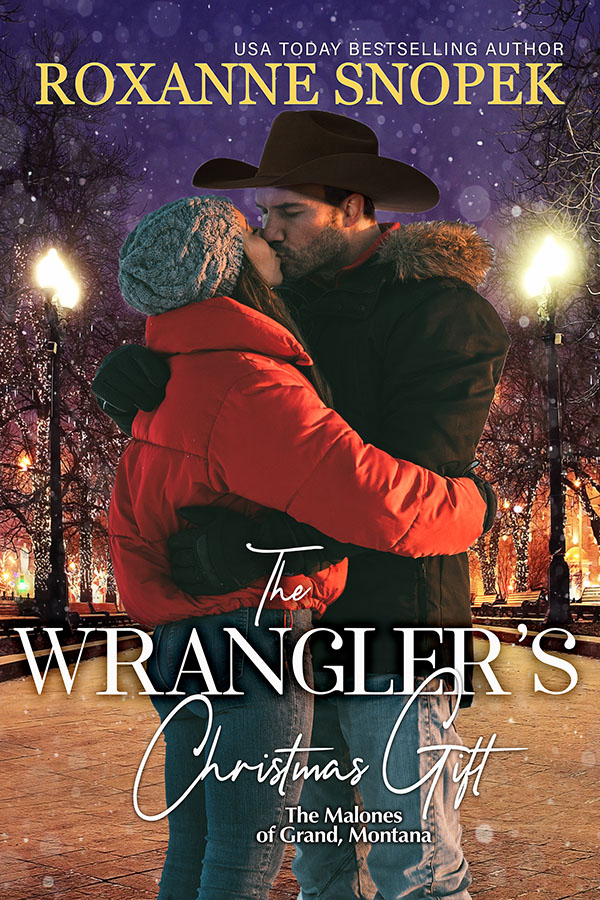Picking up the Pace
We all know the breathless feeling that comes from a story picking up the pace. Your heart is pounding, you can’t catch your breath, and the words can’t get into your brain fast enough? You’re reading a great scene and one of the things that’s affecting you is the pace of the story.
In media res
Pacing a scene appropriately is a tricky thing to master. Some scenes call for slower pacing. Today I’m discussing how to speed up your pacing. Literary types use the latin term in media res, which means into the middle of things. In other words, when writing your scenes for faster pace, “get in late, get out early.” What this means is that when it comes to a scene, you want to get to the heart of it as fast as you can. So, if you show someone opening the car door, walking up the sidewalk, ringing the doorbell, taking off their shoes, hanging up their coat… there better be a dead body in the kitchen. If not, then all that preamble is not necessary. It slows the pace for no reason.
On the other hand, if your character is dreading the conversation that will occur inside the house, then this will work—if you add enough internal monologue so that we can feel the dread. You need to have a reason for these prosaic actions. Otherwise, it’s just more ordinary life and we don’t need to read about it. I refer to this as “stage direction,” and often it can be reduced or eliminated.
Picking up the pace with sentence structure
Variation in sentence structure helps keep reader interest and improves pacing. Shorter sentences in scenes with a lot of dialogue, tension, and/or action, with longer sentences for narrative exposition. One simple thing to look for at the sentence level, is introductory clauses. Too many of these can slow the pace. Example:
- Because she was tired, she went to bed.
The action is she went to bed. That’s the active part of the story. Because the introduction comes first, the action is buried.
See how the action is more immediate with:
- She went to bed, exhausted.
Even shortening the introductory clause improves the pace of this sentence.
- Exhausted, she went to bed.
Another thing that slows the pace is double-predicate clauses. Example:
- She went to the kitchen, and she ate a sandwich.
The most important action is she ate a sandwich. If this is an ordinary inside-the-house scene, we expect her to go to the kitchen. If, however, she’s somewhere else—say, the home of the serial killer who’s tied her in the basement, unaware that she’s learned how to untie herself—then it’s crucial information that might propel the reader forward. Why didn’t she break a window and escape? Is she planning revenge? Has she formed an attachment to the killer? What’s that in her hand? A knife?
Choose active verbs
The “she went” part is also an example of how important verbs are for good pacing. Went is strictly data. Point a to point b. Think of how different the line reads if she staggered or tip-toed or drifted to the kitchen. And once there, she slapped together the sandwich or picked at it or inhaled it.
Quick hits for picking up the pace
My last tips for increasing pace: use contractions, especially in dialogue.
- Did like… becomes liked
- Did not… becomes didn’t
And watch for excess baggage verb clauses:
- Couldn’t help but think… becomes thought
- It wasn’t as if she didn’t want… becomes she didn’t mind
- Was trying to decide…. becomes decided
- Was planning to consider possibly later on going outside for a bit of a run… becomes (you guessed it) RAN
Obviously, these are guidelines, rather than hard and fast rules. There are times for more words. But in the midst of a tense scene, when seconds matter and your heart is pounding, less is usually more.
For more info on pacing, check out:
- Getting the Pace Right by Becca Puglisi at Writers Helping Writers,
- 7 Tools for Pacing a Novel from Writers Digest
- 13 Tips to Create Irresistible Stories with Powerful Pacing by Lynette Burrows at Writers in the Storm
Love Notes from the Lake
Get Roxanne’s latest news here!
Related Posts
Dallas meets The Thorn Birds, anyone? Don't get the reference? Don't worry, you probably don't have grey hair yet! [...]
Picking up the Pace We all know the breathless feeling that comes from a story picking up the pace. Your[...]
Rock Stars I've been publishing novels in the women's fiction (which sometimes includes romance) genre since 2012. And that[...]



